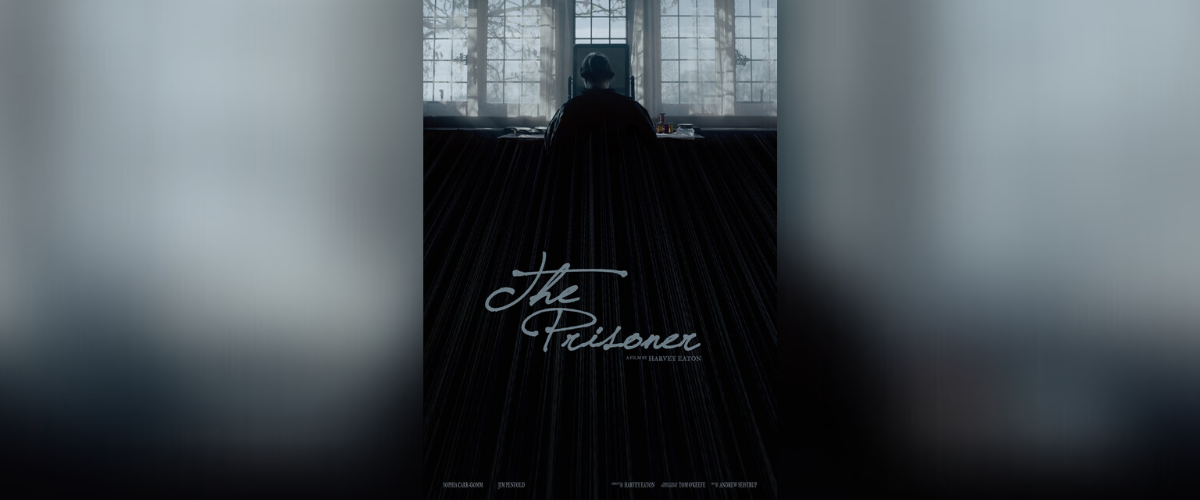
Certain “transdisciplinary” concepts, such as “cinematic poems”, tend to have a rather metaphorical meaning when attributed to experiments based on an artistic convergence between film, photography and literature. In fact, a true “cinematic poem” means the sum of all these formulas, with the supreme purpose of accessing a special aesthetic that can be unclassified on the basis of predetermined concepts. If you want a concrete example, then ‘The Prisoner‘ is a great choice. The experiment signed by Harvey Eaton is so spectacular because of the beauty with which it creates bridges between the characters and their domestic and social environment and yet so devoid of narrative ostentatiousness that it is almost impossible not to attract a passionate cinephile.
Constructed as a kind of dreamlike-literary experience, this project carries its viewer through the Gothic-Victorian decorations haunted by the invisible spectrum of a sickly ghost, illustrating in an almost convulsive image succession the inner drama of a woman who feels crushed by the presence of the man she shares her life with. The atmosphere of this short film works on contrasts, opposing the oppressive silence of an opulent, yet cold, dehumanizing home, with the deafening inner turmoil of the female soul analysing from the heights of its fictional universe the imminence of an existential failure.
Everything becomes, therefore, an act of meta-reading (starting from a poem written by Emily Brontë), a contemplation in contemplation, which creates much more generous links between the protagonist’s prison-domestic world and her “avatar” in our contemporaneity. The short film becomes a kind of tender hymn brought to the female soul through a gap in time and space, depicting through a multitude of vibrant emotions the condition of the woman constrained by the austerity of patriarchal conventions and by her bovarism. This transition from the image of the domestic woman, of the ornament-woman, whose authority is annihilated by the social environment of the nineteenth century, towards the modern woman, capable of action, is supported by Harvey Eaton through an excellent sense of the image that paints on the viewer’s retina synesthetic details professionally mastered by a mature directorial vision. Nothing in this inner chaos is chaotic. ‘The Prisoner’, this wonderful cinematic poem, this perfect balance between the irrational fears of the human soul and the “cold”, crystal lucid refinement of a special director, is certainly one of the most interesting experiments to have rewarded so far.
For the refinement and for the extraordinary aesthetic sense with which it surprises the captivity and, finally, the emancipation of the female soul, ‘The Prisoner’ was awarded with the Film of the Month distinction in the February 2020 edition of TMFF.
TMFF RATING:











